Foods High in Vitamin C: Top Sources for Immunity and Wellness
Vitamin C, also known as ascorbic acid, is a water-soluble vitamin essential for maintaining overall health. It acts as a powerful antioxidant, supports immune function, promotes collagen production for skin and joints, aids wound healing, and enhances iron absorption from plant-based foods. Since the body can’t store or produce it, you must consume it daily through your diet—primarily from whole foods high in vitamin C.
How Much Vitamin C Do You Really Need?
The recommended daily intake (RDI) of vitamin C varies by age, gender, and lifestyle:
- Adult men: 90 mg/day
- Adult women: 75 mg/day
- Smokers: Additional 35 mg/day due to oxidative stress
- Pregnant women: 85 mg/day
- Breastfeeding women: 120 mg/day
Vitamin C deficiency can lead to fatigue, weakened immunity, dry skin, and in severe cases, scurvy. Conversely, excessive intake (usually from supplements, not food) may cause digestive issues like diarrhea or kidney stones.
Top Foods High in Vitamin C (Per Serving)

Here’s a quick list of foods rich in vitamin C with their approximate content:
| Food | Vitamin C (mg per 100g) |
| Kakadu plum (wild plum) | 5300 mg |
| Acerola cherry | 1677 mg |
| Guava | 228 mg |
| Kiwi | 92 mg |
| Strawberries | 59 mg |
| Orange | 53 mg |
| Red bell pepper | 127 mg |
| Broccoli | 89 mg |
| Brussels sprouts | 85 mg |
| Kale | 93 mg |
| Papaya | 61 mg |
| Lemon | 53 mg |
| Lychee | 72 mg |
| Chili pepper (green) | 242 mg |
| Parsley (fresh) | 133 mg |
Fruits Rich in Vitamin C
Fruit is one of the easiest and tastiest ways to meet your daily vitamin C needs:
- Guava: One of the highest natural sources, a single fruit offers over 200% of the RDI.
- Kiwi: High in antioxidants and supports sleep and digestion too.
- Strawberries: Just 1 cup covers your entire daily requirement.
- Papaya: A tropical fruit loaded with vitamin C and enzymes for gut health.
- Oranges and Citrus Fruits: The classic go-to, perfect for juicing and snacking.
- Acerola Cherry: Found in supplements and powders, extremely high in vitamin C.
Vegetables Packed with Vitamin C
While fruits dominate the conversation, vegetables are just as important:
- Red and Yellow Bell Peppers: Raw bell peppers are among the top sources.
- Broccoli: Lightly steamed broccoli retains most of its vitamin C.
- Brussels Sprouts: These mini cabbages deliver fiber and immune support.
- Kale and Spinach: Best consumed raw or lightly cooked for nutrient retention.
- Cauliflower: A versatile veggie that offers a solid dose of vitamin C.
Herbs, Spices, and Exotic Foods That Are Surprisingly Rich in Vitamin C

- Chili Peppers: Just one small green chili packs a punch of vitamin C.
- Thyme and Parsley: Fresh herbs are small but potent additions to meals.
- Amla (Indian Gooseberry): A traditional Ayurvedic fruit with immune-boosting properties.
- Camu Camu: A Peruvian berry with astronomical vitamin C levels, often used in powders.
Cooking Tips to Preserve Vitamin C in Your Foods
Vitamin C is sensitive to heat, light, and oxygen. Follow these preparation tips:
- Steam Instead of Boil: Retains more vitamin C than boiling.
- Eat Raw When Possible: Salads and smoothies keep nutrients intact.
- Use Minimal Water: Excess water can leach out vitamin C during cooking.
- Chop Just Before Eating: Reduces exposure to oxygen that degrades nutrients.
Who Should Prioritize High-Vitamin C Foods?
Certain groups benefit especially from a vitamin C-rich diet:
- Smokers and city dwellers (due to oxidative stress)
- Athletes (to aid recovery and collagen production)
- Vegetarians/Vegans (to enhance iron absorption)
- People with low immunity or healing wounds
Best Combinations and Recipes to Maximize Absorption
- Iron + Vitamin C Combo: Pair spinach (iron) with lemon juice (vitamin C)
- Breakfast Idea: Oatmeal with strawberries and kiwi slices
- Smoothie Recipe: Blend guava, orange, papaya, and lime for a tropical immunity drink
- Salad Hack: Toss raw bell peppers, parsley, and lemon vinaigrette with kale
Can You Get Too Much Vitamin C from Food?
It’s highly unlikely. Unlike supplements, food-based vitamin C intake doesn’t pose overdose risks. The body excretes excess vitamin C in urine. Issues arise only from high-dose synthetic supplements (>2000 mg/day).
Conclusion: Eat Smart, Stay Strong with Vitamin C-Rich Foods
Incorporating a variety of vitamin C-rich foods into your daily meals can enhance immunity, support skin health, speed up recovery, and improve iron absorption—without the need for pills. Whether you choose fruits, veggies, herbs, or superfoods, the key is consistency and freshness.
Tip: Aim for multiple colorful servings of fruits and vegetables each day to effortlessly meet your vitamin C needs.
Explore premium-quality multivitamins, and more at Syner Nutrition your trusted source for scientifically backed supplements in Pakistan.

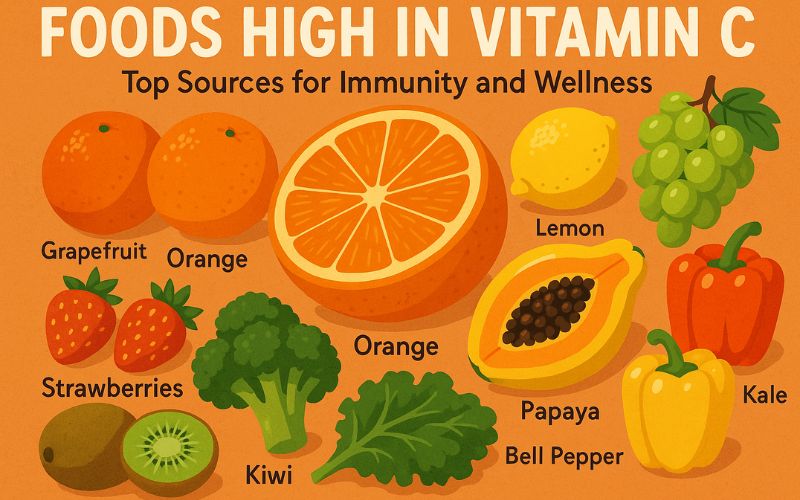


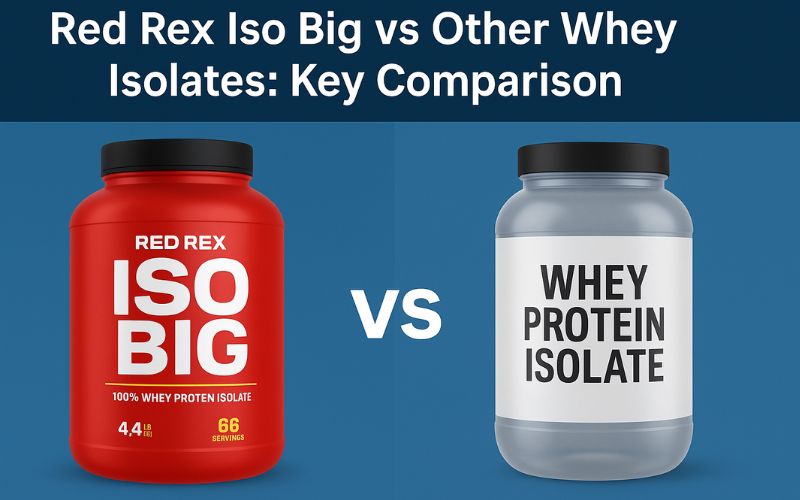
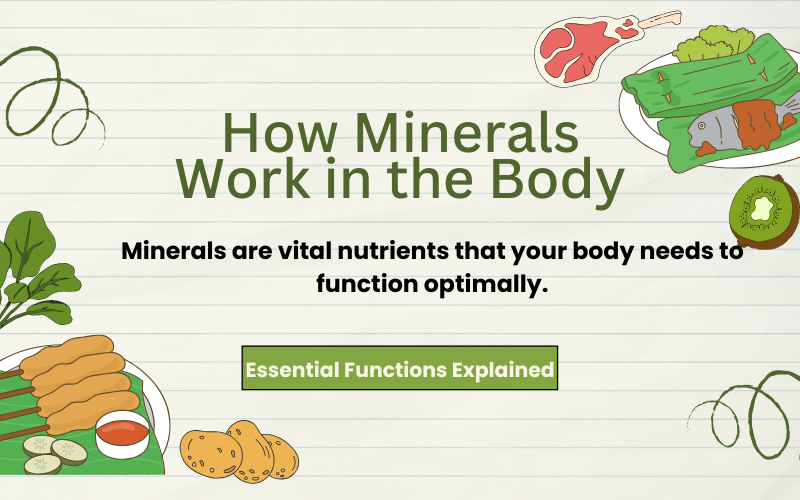
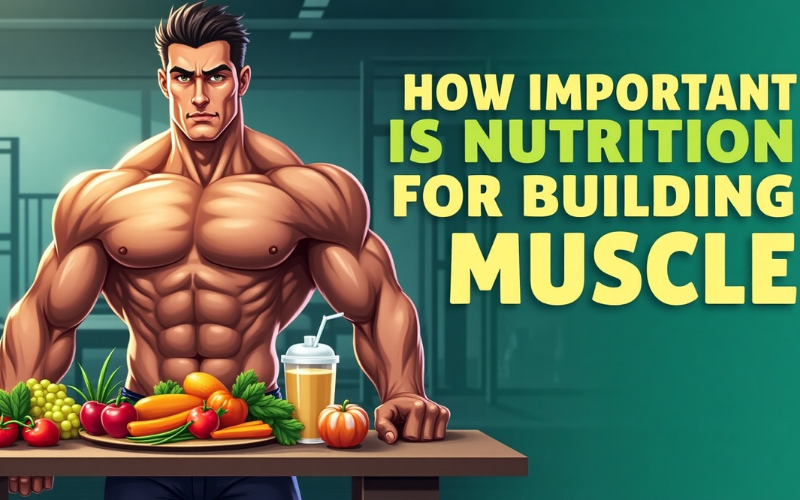

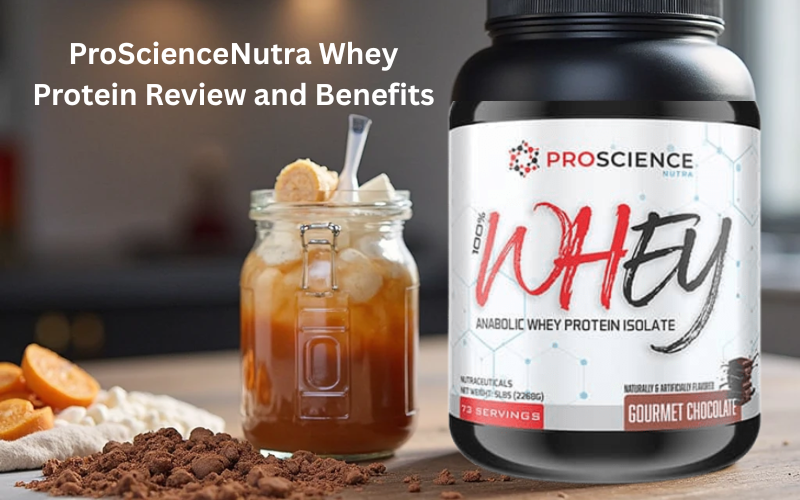
Add comment